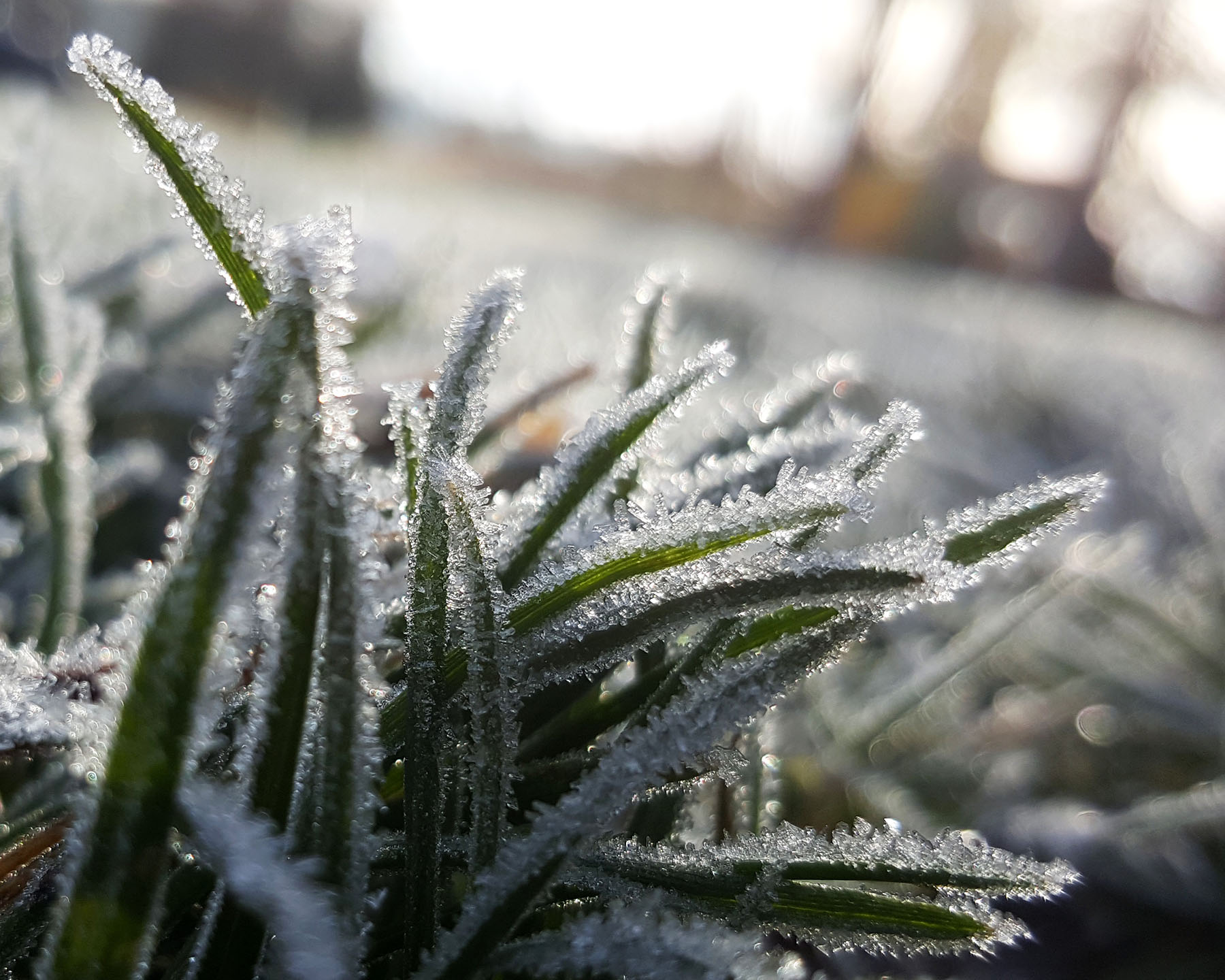Winter is the season when your garden is ‘put to bed’. Growth nearly stops, and most plants lie dormant. Your lawn needs much less attention than in other months, but some thought still needs to be given to its needs, to avoid unnecessary damage and to ensure it survives winter in top condition.
Here are five top tips that will help you care for your lawn in winter:
Avoid Heavy Mowing
Even in the dark winter months, grass may experience patches of growth. Try and refrain from cutting the grass very short and only remove a couple of centimetres at most, using a good quality rotary lawnmower.
Keep Your Lawn Clear
Dry days are the best time to give your lawn a good rake to keep it clear of fallen leaves and other debris. Your lawn will suffer if autumn leaves are left over the winter. Even a thin layer
of leaves will smother the grass and weaken it, as they prevent sunlight reaching the blades of grass, whilst also providing shelter for numerous unwanted garden pests.
Rest Your Lawn
Avoid walking on your lawn after a frosty night as this could easily damage the grass. Similarly, if there has been a prolonged wet season, do not let children or animals play on the lawn for too long as it can quickly turn into a muddy mess, damaging your lawn. After snowfall, try not to walk on your lawn during the slushy period as the snow is melting.
Don’t Overfeed Your Lawn
While you may think that your lawn needs all the help it can get during the cold snaps it is, in fact, not necessary to feed your lawn at all in winter. The best time to feed your lawn is in spring. If you experience a few days of heavy rainfall, have a look and see if there are any puddles forming in the lawn. If there are, this could be a warning that the soil is becoming compacted and that your lawn could benefit from being thoroughly aerated in the spring. Winter is generally a time to keep an eye on things and plan future action.
Keep Weeds Under Control
Dandelions, plantain, moss – if you have weeds such as these in your lawn, get them out before spring arrives and they start to seed! It is best to weed during warmer wet weather, if at all possible, purely because the weeds will be easier to dig out of the soil – we’ve all been there struggling to dig up weeds from harsh dry soil in the hot summer months!
For expert advice on all aspects of gardening and landscaping, contact us here at Kite Landscapes – a family-run business basedin Berkshire that specialises in helping you to really get the best out of your garden.
